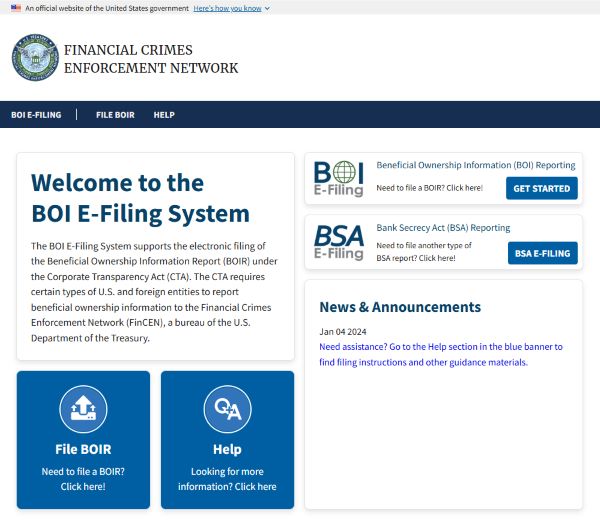What is a Roth IRA?
A Roth IRA (Individual Retirement Account) is a retirement savings tool that allows you to contribute after-tax dollars.
The money in your Roth IRA grows tax-free, and you can withdraw it without paying taxes once you reach age 59.5.
Now, let’s address your specific situation.
Self-Employed and Irregular Income – Roth IRA for Self employed
- Roth IRA Qualifications (Eligibility): To open a Roth IRA, you need earned income. This includes not only regular salaries but also income from self-employment, freelance work, or running a business. So, if you earn money through various sources, you’re eligible.
- Roth IRA Contribution Limits: Roth IRAs have annual contribution limits based on your Modified Adjusted Gross Income (MAGI).
As of 2024, if your MAGI is below $161,000 (single, head of household, married filing separately) or $240,000 (married filing jointly, qualifying surviving spouse), you can contribute up to $7,000 per year (or $8,000 if you’re 50 or older).
So, if you are single and your MAGI is $161,000in 2024, you can’t contribute to a Roth IRA. - Backdoor Roth IRA: If your income exceeds the Roth IRA limits, consider the backdoor Roth IRA strategy.
Here’s how it works:- First, contribute to a traditional IRA (which has no income limits).
- Then, convert the traditional IRA to a Roth IRA. You’ll pay taxes on the conversion, but it allows you to bypass the income restrictions.
Key Differences Between Roth and Traditional IRAs
- Tax Treatment:
- Traditional IRA: Contributions are tax-deductible upfront, but withdrawals are taxed.
- Roth IRA: Contributions are after-tax, but withdrawals are tax-free.
- Penalties:
- Roth IRAs allow penalty-free withdrawals of contributions at any time.
- Traditional IRAs have penalties for early withdrawals of both contributions and earnings.
- Required Minimum Distributions (RMDs):
- Roth IRAs have no RMDs during your lifetime.
- Traditional IRAs require RMDs starting at age 70.5.
* Please find the link, if you need more information.
How to Get Started – Roth IRA Investment
- Open a Roth IRA Account: Choose a brokerage firm to open your Roth IRA account. You can open a IRA online.
- Here are a list of Brokerage firm: Fidelity Roth IRA, Robinghood Roth IRA, Edward Jones Roth IRA, Charles Schwab Roth IRA, Chase Roth IRA, TD Ameritrade Roth IRA, Bank of America Roth IRA, SoFi Roth IRA, Wells Fargo Roth IRA, Vanguard Roth IRA, Etrade Roth IRA, USAA Roth IRA, Merrill Lynch Roth IRA, Capital One Roth IRA, Ally Roth IRA.
- Here are a list of Brokerage firm: Fidelity Roth IRA, Robinghood Roth IRA, Edward Jones Roth IRA, Charles Schwab Roth IRA, Chase Roth IRA, TD Ameritrade Roth IRA, Bank of America Roth IRA, SoFi Roth IRA, Wells Fargo Roth IRA, Vanguard Roth IRA, Etrade Roth IRA, USAA Roth IRA, Merrill Lynch Roth IRA, Capital One Roth IRA, Ally Roth IRA.
- Timing: You can open it anytime, but the sooner, the better.
- For tax break purpose, the last minute IRA contribution is before the federal tax deadline.
- For tax break purpose, the last minute IRA contribution is before the federal tax deadline.
- Recommended Approach: Consult a financial advisor to tailor your strategy based on your unique circumstances.
Remember, Roth IRAs offer flexibility, tax-free growth, and a smart way to secure your retirement—even with irregular income!



